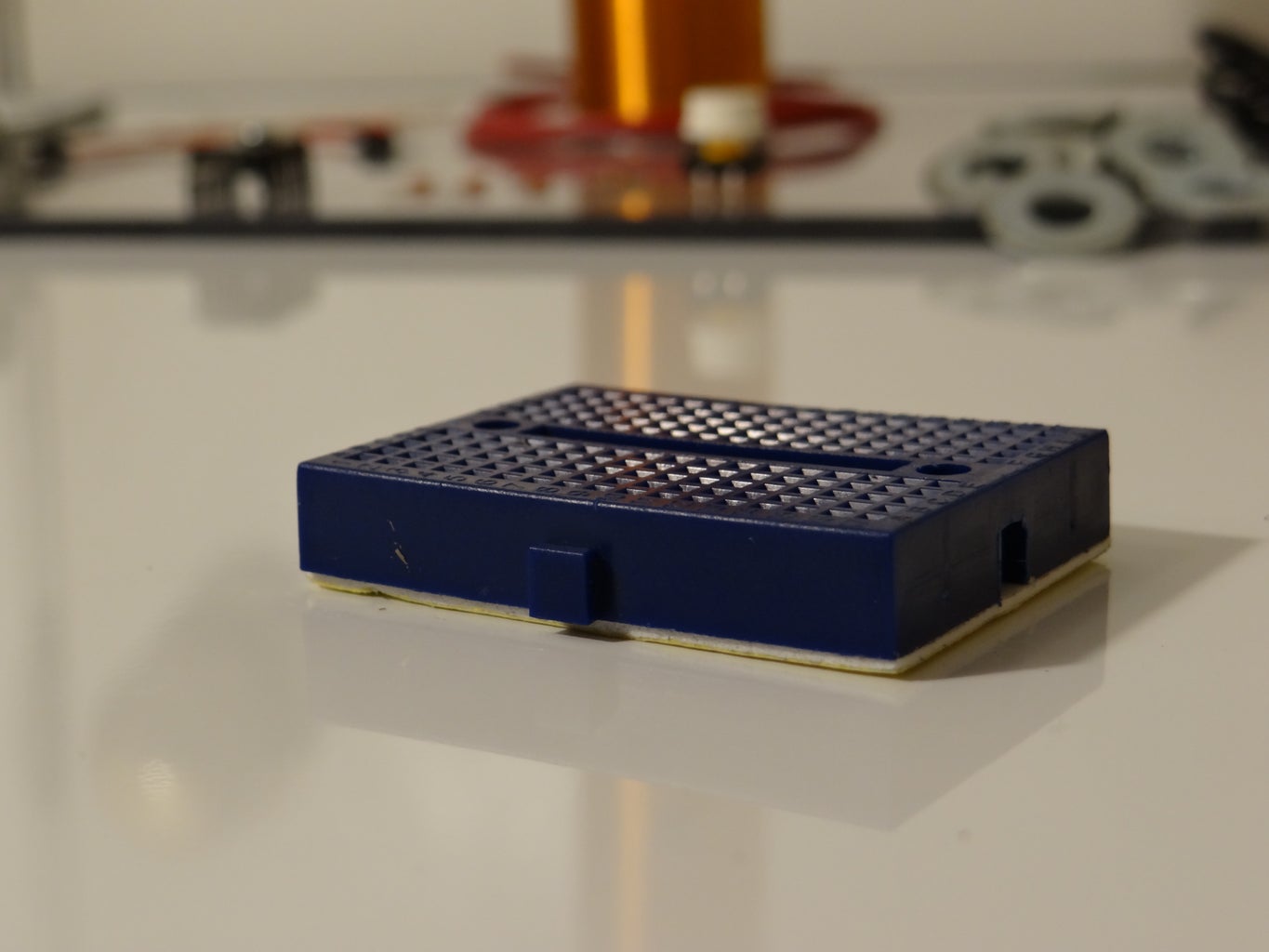Easy Tesla Coil 6 Steps with Pictures Circuit Diagram Learn how to make a tesla coil which can transfer electric power through air that is known as wireless power transfer.Circuit Diagram on EasyEDA-https://goo.

Power On the Coil: Flip the switch to power on the Tesla coil. You should hear a faint humming sound if the coil is functioning properly. Check for Wireless Power Transfer: To test the wireless power transfer, bring a small fluorescent bulb or a neon light near the secondary coil. The bulb should light up when it is in close proximity to the Either way we can honor the great inventor's namesake by putting together a DIY Tesla Coil at home. This coil will be powerful enough to wirelessly light a lightbulb and even create mini lightening bolts that spark from the surface. CAUTION: Do not use this project near persons with pacemakers, sensitive electronics or flammable materials.

DIY Wireless Power Transfer School ... Circuit Diagram
#MiniIdeas #Tesla #Coil How To Make A Mini Tesla Coil At Home | Wireless Power Transfer Science Project DIY | DIY Tesla CoilVideo URL : htt

The power of the Tesla coil lies in a process called electromagnetic induction, i.e., a changing magnetic field creates an electric potential that compels current to flow. Conversely, the flowing electric current generates a magnetic field.

How To Make A Mini Tesla Coil At Home Circuit Diagram
Hi friends, Here is a video Tutorials about How to Make a Powerful Tesla Coil for your School Science Project Working Model.Thanks for Watching. Hi friends, Here is a video Tutorials about How to Introduction. Nikola tesla originally invented the tesla coil in 1891, Ever since then wireless power has become a reality.It's not really used in homes or industrial factories or power plants, but it is a invention electrical engineers use to demonstrate electricity traveling through thin air. tesla coils can power fluorescent bulbs and tubes, and neon blubs all wirelessly. they also create

Connect Components: Connect the primary coil and capacitor in a loop using insulated wire.Include a spark gap, which can be made from two metal bolts separated slightly to create a gap for the electrical arc. Link Secondary Coil: Position the secondary coil directly above the primary coil but ensure they don't touch.Connect the bottom of the secondary coil to the main circuit. This fascinating invention, attributed to Nikola Tesla, is often used for wireless power transfer demonstrations and lighting fluorescent bulbs without physical connections. In this article, we will explore the design process of a mini Tesla coil, covering its components, circuit details, PCB design, and the testing procedure.
